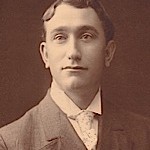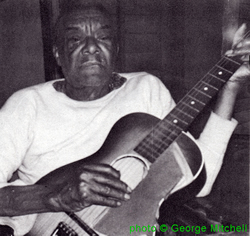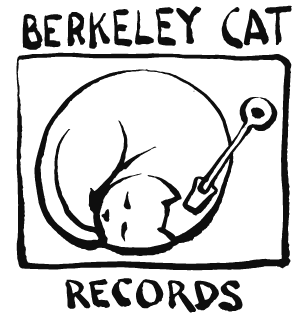by Matthew King Kaufman | Apr 2, 2018 | Free Listen

Any 78 record collector has seen the name of Ben Selvin, who might have been the most prolific band leader of the 78 RPM record era. He also voiced early opposition to radio. This song “Don’t Say Aloha, When I Go” is early jazz at its best. This song has been recorded by many. This version by The Columbians is by far the most noteworthy. There is so much I don’t know about this version, but it’s great.

Ben Selvin
by Matthew King Kaufman | Mar 13, 2018 | Free Listen

Noble work from Brewster Kahle, who founded the Internet Archive. They compiled a treasure trove of music recorded when the recording industry was in its infancy, and records were cylinders, or 78 RPM discs. From this collection I’ve learned so much about music that was made before I was born. Converting these recordings to digital storage is complex, and done by music-loving collectors. Serving these works on-demand is the Archive’s role, as the best music library on the planet. I found this stupendous recording by Johnny Dunn’s Original Jazz Hounds (not to be confused with Mamie Smith and her Jazz Hounds.) The trumpet work is great, once you’re past the 78 needle-noise at the beginning. “Hawaiian Blues” is performed by the first lineup of the Jazz Hounds, before they added Edith Wilson as vocalist.

Listen:
by Matthew King Kaufman | Jan 7, 2018 | Free Listen, General

The music industry is awash in confusion. Here’s why: Ancient laws based on Player Pianos and piano rolls.
The laws and business systems in place to provide royalties to music creators are woefully outdated. Some of these laws go back to the Player Piano era, with only minor updates in the years since. With technology (digital streaming) vastly outpacing these “old” rules, what we’re seeing is gaps in copyright law, unfair rates, and huge loopholes that allow corporations to profit off the work of creators without paying music creators a cent.
As a songwriter, I’ve seen my work played thousands of times on popular streaming platforms. The compensation for those plays is dishearteningly low, and noting how quickly income for music is shifting from sales to streaming, I’m concerned that with this lack of modern thinkings, music is going to remain in the dark ages.
Here’s some of the music business’s backstory, and my attempt to explain how we got to the current copyright law dilemma.
****There is one glaring fact: IT WAS A MECHANICAL WORLD BACK THEN, the home/bar entertainment system was advanced machinery called, pianos. Popular music was monetized in the early 1900s by the sale of sheet music to live piano players, who then played the hits of the day on their pianos. Think of humans acting like a jukebox. That version of the music industry was disrupted by the invention of a mechanical piano, that made these songs come to life without a human piano player. This invention contained a mechanism that operated the piano action via pre-programmed music stored on a perforated paper called the “piano roll.”
With a piano roll and one of those newfangled mechanical pianos, a dance song like “The Charleston” became a hit and would quickly generate a lot more income than old sheet music industry, but without replacing the sheet music industry. This mechanical piano and the paper-modeled performance technology changed music consumption forever. It allowed for the same exact performance everywhere! The sale of these Player Pianos and “piano rolls” became the new products of the music industry, rewarding the one artist whose performance was used to model the roll.
The roll I selected here was performed by piano expert, James P. Johnson, and it demonstrates his piano brilliance. The mechanical piano, armed with a number of interchangeable rolls, resembles the rudimentary ingredients of a primitive jukebox. This became the basis for the “mechanical license” (a metric used to pay songwriters for a music sale), and interpretations of this existing law from 1923 (and updated in 1976) are used as the basis for current music business copyright law and music compensation.
HOW NUTS! A copyright law affecting us today was written in 1923. Wow, truly insane when you think about it!
Here’s “The Charleston.” This piano roll is a hit. A great example of the past!
by Matthew King Kaufman | Dec 3, 2017 | Free Listen

It’s not difficult to explain the appeal Blues music has had to me. These extraordinary communicators transform time and space. I never lived the life depicted by these Blues practitioners. I’ve never been flooded out, or lived in a southern rural region in the 1920s. BUT I can begin to understand`by listening to their narratives in song format. This school of art is simply known as the Blues.
BOGUS BEN CARRINGTON
Adam & Eve In The Garden
Not much is known about Bogus Ben, but it is suspected that he and Ben Curry, who recorded one of the earliest versions of the Dirty Dozens, were one and the same person. “Bogus” Ben Covington earned his living by pretending to be a blind man on the minstrel circuit. Covington was also known as “The Human Pretzel.” This song is so haunting and weird, I had to make it #1 on the list.
CHARLEY PATTON
Poor Me
No list about American Blues would be complete without Charley, the “Father of the Delta Blues.” He inspired most Delta Blues musicians while creating a great body of music. I included “Poor Me” because it explains the Blues mindset.
KANSAS JOE McCOY & MEMPHIS MINNIE
When The Levee Breaks
This brilliant recording about the great flood of 1927 is Blues communicating at its best. Joe McCoy’s recounting of the flood, accompanied by Memphis Minnie’s guitar, makes a powerful piece.
You might recognize Minnie’s guitar influence in the much later Led Zeppelin version of this song.
PEG LEG HOWELL
Peg Leg Stomp
Peg Leg lived the Blues life to the max! He lost a leg and incorporated it into his act. I added this to YouTube after mastering it for streaming.
by Matthew King Kaufman | Sep 19, 2017 | Free Listen, Uncategorized
The early days of jazz spawned great women jazz pianists —
Mary Lou Williams
This self-taught musician started her career at age seven in Pittsburgh as “the little piano girl of East Liberty.” She wrote, arranged and performed with the likes of Duke Ellington, Louis Armstrong, Earl Hines, Benny Goodman and Tommy Dorsey.
Sweet Emma Barrett, Billie Pierce, Jeanette Kimball, Mary Lou Williams, among them. These women were so talented some eventually became band leaders, and these ground-breaking women made some significant contributions to Jazz. Here are some:
Sweet Emma Barrett
She played with the Preservation Hall Jazz Band, sometimes one-handed after a stroke. Here she is being interviewed by Art Duke and performing with the Preservation Hall Jazz Band.
Billie Pierce
Another member of the renown Preservation Hall Jazz Band. Here she is performing with her husband Dede. I appreciate the enhanced audio (by Konrad Klingelfus) on this track.
Jeanette Kimball
Jeanette Kimball was classically trained and played in “society bands” with Papa Celestin. Here’s an example:
She finally got to record on her own, and you can hear her piano chops:
by Matthew King Kaufman | Aug 31, 2017 | Free Listen

This version of a multi-recorded song was a standard in Texas prisons. This song has been recorded by many singers thru it’s century-plus history. There is so much unknown about this song, that was made a hit in 1977. Some suggest the song, written in the 1800’s, was about a gun with a black stock. Somehow I don’t think these prisoners in a Texas jail were singing about a weapon. Check out this cover version with Johnny Depp plus a kick ass video. Great music is timeless.
by Matthew King Kaufman | Aug 11, 2017 | Free Listen
Written in the 18th century, this song has been sung by many. I remember this song from when I was frequenting the coffee house/folk scene. The site thebluegrasssituation.com is totally worthwhile, and this post is classic, including different versions of this song done by 20 gr8 voices – Glenn Campbell, Ed Sheeran, Jack White, and Johnny Cash to name a few. Check out Jack White singing this song on YouTube.

by Matthew King Kaufman | Jul 25, 2017 | Free Listen
 Originally recorded as “I Believe I’ll Dust My Broom” by Robert Johnson, this classic was redone by the “King of Slide Guitar,” Elmore James. In my humble opinion this is the best recorded version of this amazing song, which has been performed by many. This version got to #9 on Billboard’s R and B charts!
Originally recorded as “I Believe I’ll Dust My Broom” by Robert Johnson, this classic was redone by the “King of Slide Guitar,” Elmore James. In my humble opinion this is the best recorded version of this amazing song, which has been performed by many. This version got to #9 on Billboard’s R and B charts!
by Matthew King Kaufman | May 4, 2017 | Free Listen, Mastered4Streaming


Let’s get ready for the next baseball season with Ed Meeker’s version of “Take Me Out To The Ballgame.” This classic recording of a hundred-year-old song extolling the virtues of America’s pastime is a must-listen.
Mr. Meeker was an Engineer at Edison Records when he was asked to record this version of a song written by Jack Norworth and Albert Von Tilzer. Ironically neither of these gentlemen had ever been to a baseball game before writing this classic song. We have enhanced the sound quality of the original wax cylinder digitally with Michael Rosen’s assistance.
Here’s a link to the original recording.
by Matthew King Kaufman | Feb 13, 2017 | Free Listen, Mastered4Streaming
Peg Leg Howell led a very spicy life to say the least. He lost his leg in a fight and was in and out of jail for bootlegging. A self-taught guitarist, he supplemented his income performing his music wherever he could. With the help of Eddie Anthony, Joshua Howell (Peg Leg) bridged the gap between Country and 12 Bar Blues. After listening to this song, I wish I could have seen Peg Leg perform.


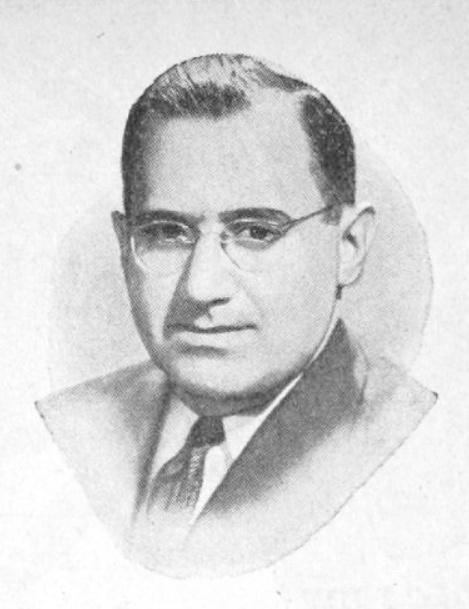

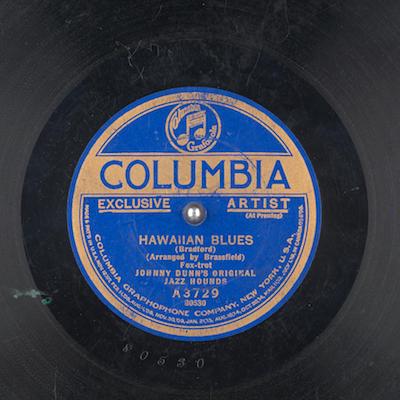

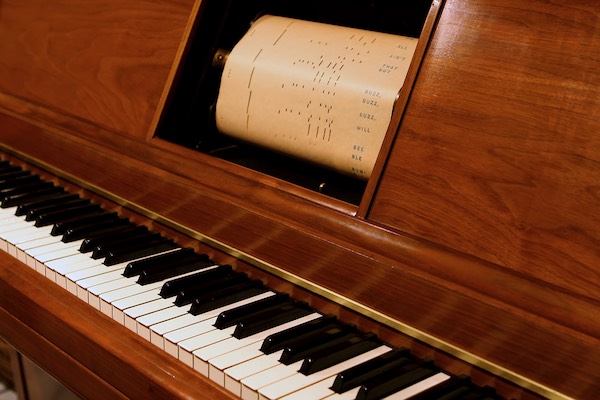
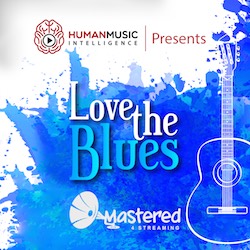
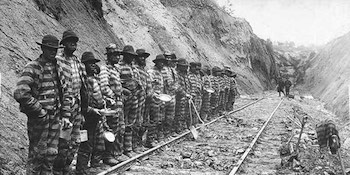
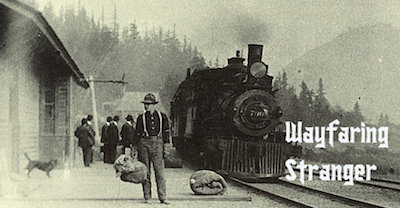
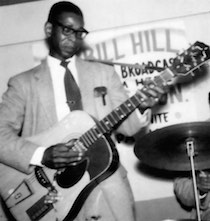 Originally recorded as “I Believe I’ll Dust My Broom” by Robert Johnson, this classic was redone by the “King of Slide Guitar,” Elmore James. In my humble opinion this is the best recorded version of this amazing song, which has been performed by many. This version got to #9 on Billboard’s R and B charts!
Originally recorded as “I Believe I’ll Dust My Broom” by Robert Johnson, this classic was redone by the “King of Slide Guitar,” Elmore James. In my humble opinion this is the best recorded version of this amazing song, which has been performed by many. This version got to #9 on Billboard’s R and B charts!
